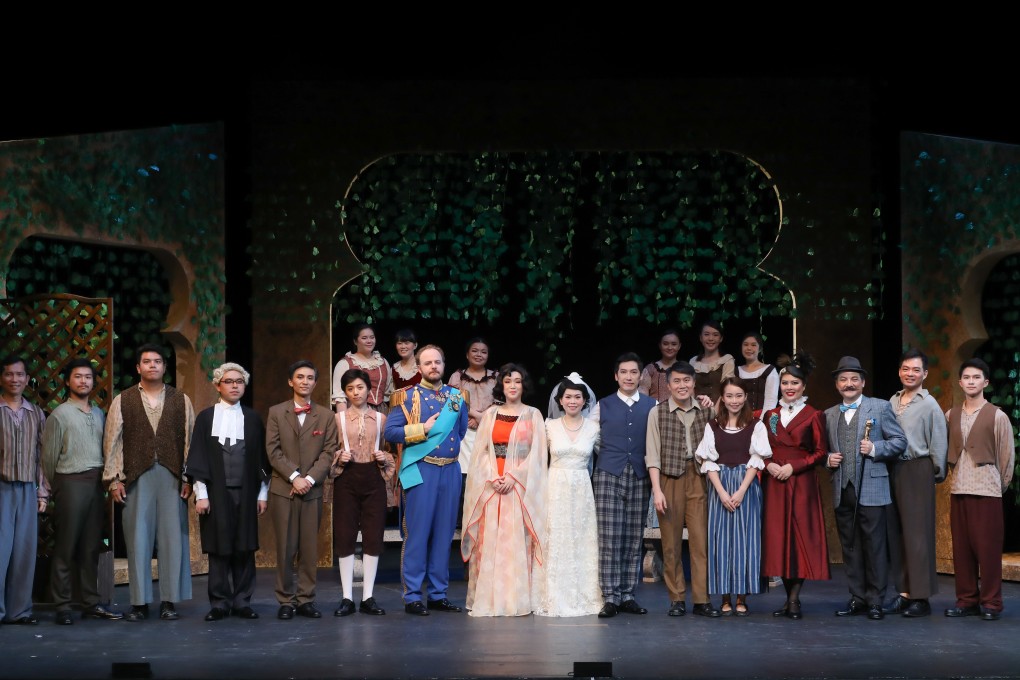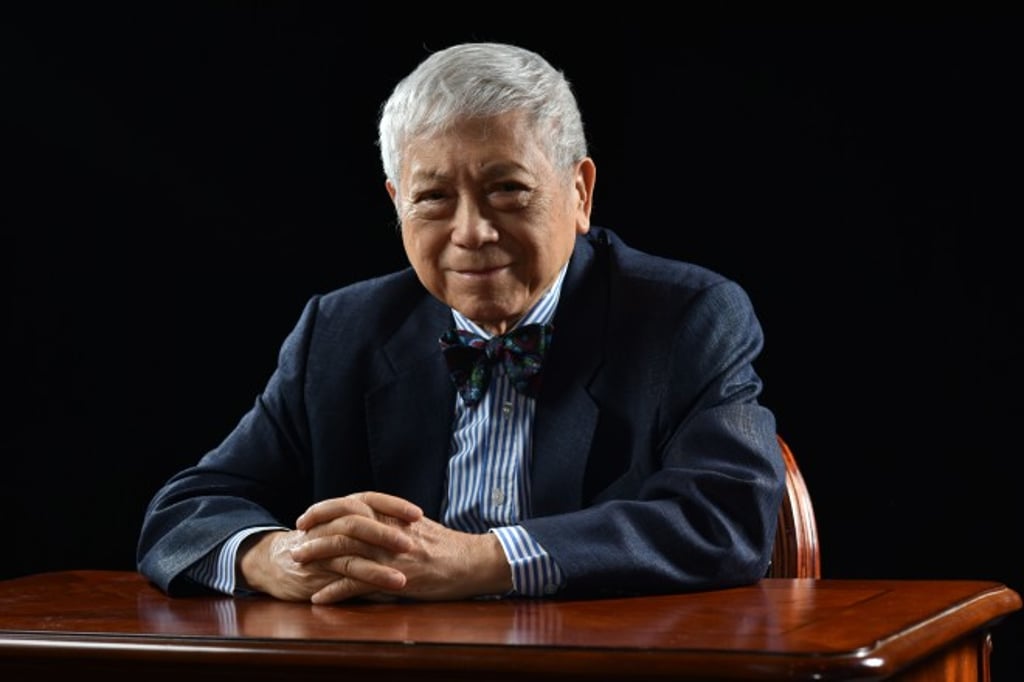Hong Kong premiere of Mozart’s comic opera “La Finta Semplice” staged by Musica Viva in September

[Sponsored Article]
One of the greatest classical composers of all times, Wolfgang Amadeus Mozart was an undisputed child prodigy who started composing music and performing before European royalty when he was five. To let Hong Kong’s opera enthusiasts experience the precocious yet profound talent of the influential Austrian maestro, Musica Viva will premiere in Hong Kong in September “La Finta Semplice”, composed by Mozart at the age of 12.
Making this version of opera buffa (comic opera) one of a kind is Professor Lo Kingman, who adopts an original approach to the opera’s creative direction in his adaptation for the Hong Kong audiences, while staying true to Mozart’s definitive style, the complex emotions and moralistic themes conveyed through this romantic comedy.

To be staged at the Hong Kong City Hall, Theatre on 10 and 11 September 2021, Musica Viva’s production of “La Finta Semplice” will mark the debut of conductor Ngai Sze Wai, who will work with two casts of talented up-and-coming Hong Kong singers. The comedy’s romance and humour will also be vividly brought to life on stage with the set designs by Isaac Wong, costume designs by Andrew Cheung and lighting design by Zoe Cheung.
“La Finta Semplice” (the fake innocent) is a lesser known three-act opera buffa by young Mozart (1756-1791) with the libretto by Viennese poet Marco Coltellini (1724-1777), based on a text by Venetian playwright Carlo Goldini (1707-1793). Since its premiere in Salzburg in 1769, the opera was not staged until 2005 at the Malibran Theatre Venice. In January 1983, the opera was recorded in its entirety for the first time by Leopold Hager with Helen Donath and Teresa Berganza.
